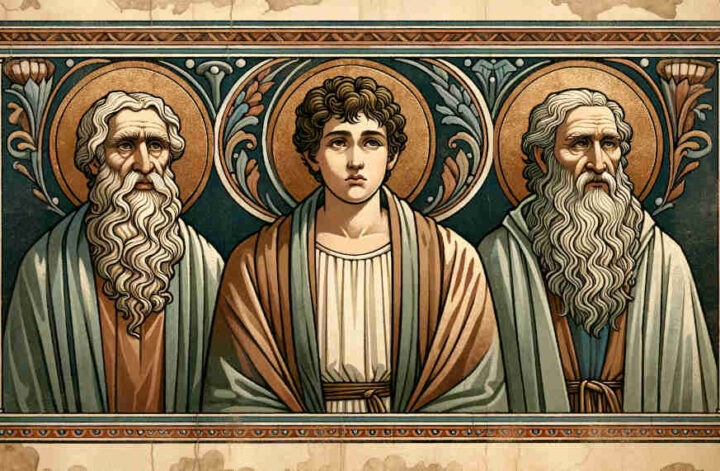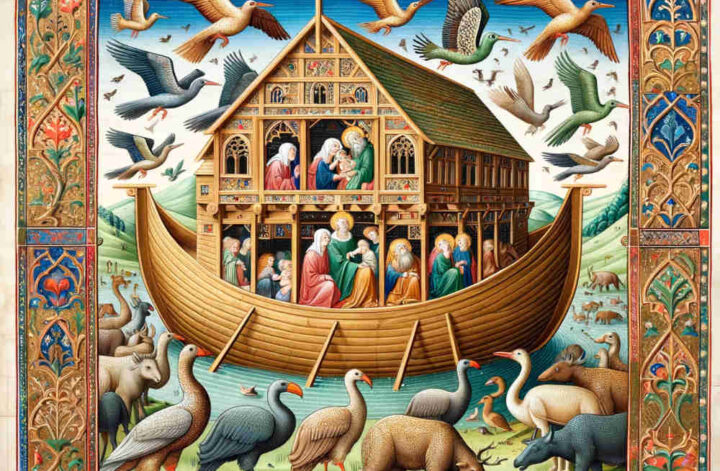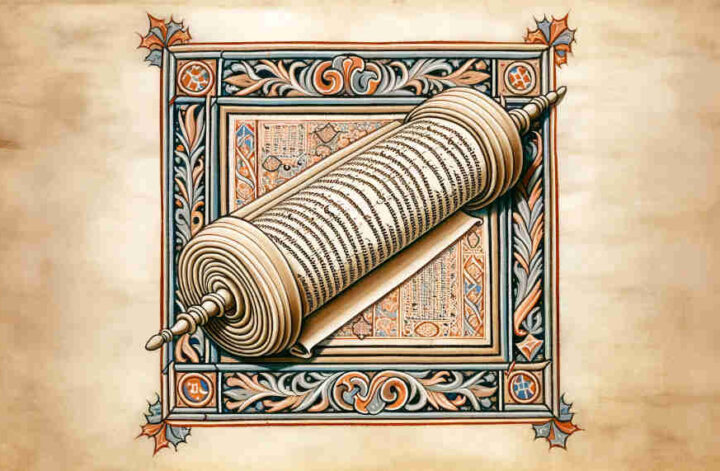Email from a reader: “Dear Rabbi Joshua, I’m studying the genealogy in the Torah and would like to know more about Noah’s family. Who were Noah’s father and grandfather? Thank you, James Taylor”
Dear James,
Your question delves into the rich tapestry of genealogy presented in the Torah. Let’s explore the lineage of Noah, specifically focusing on his father and grandfather.
Noah’s Father:
Noah’s father was Lamech. This information is found in the Book of Genesis, which details the generations leading up to Noah. The relevant passage is in Genesis 5:28-29, where it states: “And Lamech lived a hundred eighty and two years, and begat a son: And he called his name Noah, saying, This same shall comfort us concerning our work and toil of our hands, because of the ground which the LORD hath cursed.”
Noah’s Grandfather:
Noah’s grandfather, on his father’s side, was Methuselah. Methuselah is renowned for his longevity, with the Torah stating that he lived for 969 years, making him the longest-lived human figure in the Torah. His mention is found in Genesis 5:25-27.
Significance in Jewish Tradition:
In Jewish tradition, these genealogies are significant as they connect the creation of the world with subsequent generations, leading up to pivotal figures like Noah. They establish a continuity from Adam through to Noah, who represents a new beginning for humanity after the flood.
Understanding Biblical Lifespans:
The long lifespans recorded in the Torah, such as Methuselah’s, are often subjects of discussion and interpretation. In Jewish thought, these ages are sometimes understood literally, while other times they are seen as symbolic, reflecting the righteousness and spiritual stature of these individuals.
Conclusion:
James, Noah’s lineage, with Lamech as his father and Methuselah as his grandfather, connects him to a line of ancestors who are integral to the early narrative of the Torah. This genealogy sets the stage for Noah’s role in the story of the flood and the covenant between God and humanity that follows.
Warm regards,
Rabbi Joshua


